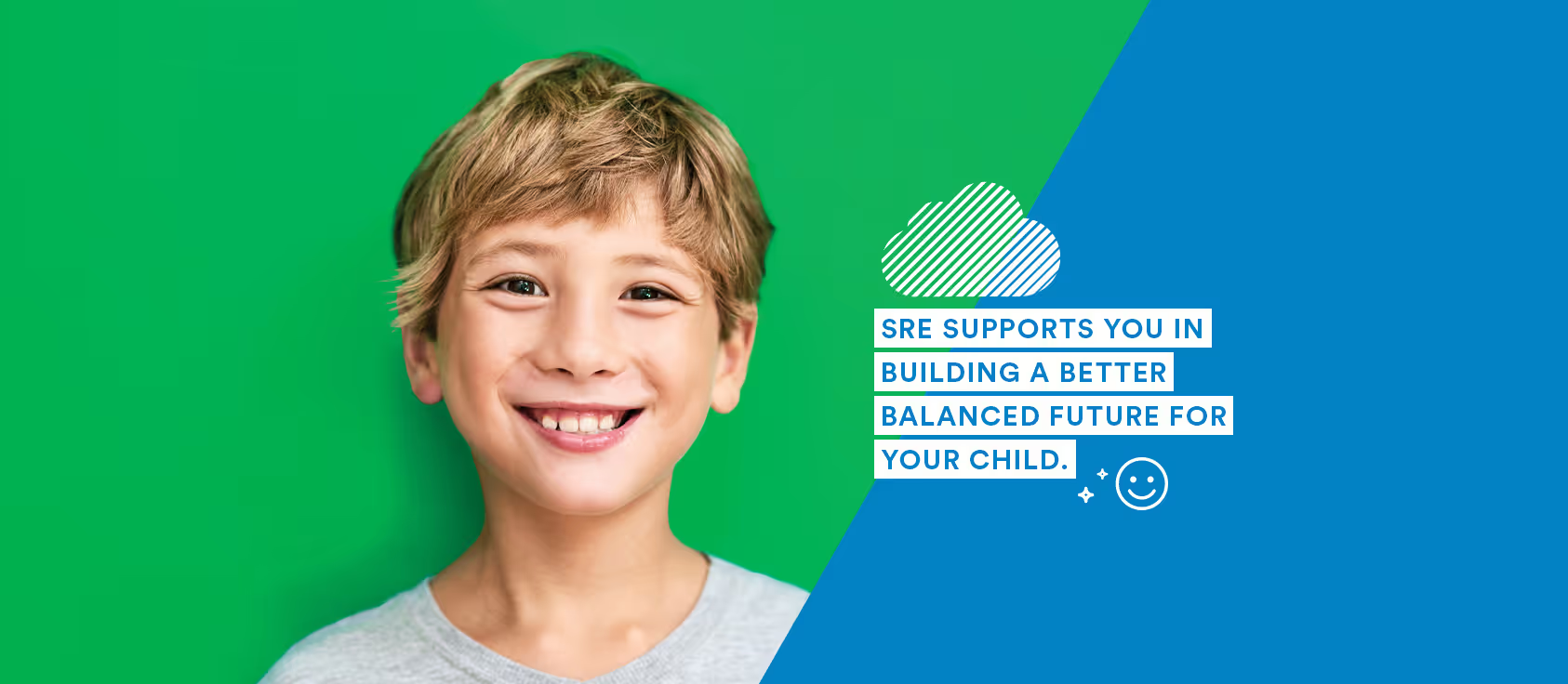Why choose Christian SRE?
Fulfilling the aims of the Declaration on Educational Goals for Young Australians (Melbourne 2008), Christian SRE helps students to ‘become successful learners, confident and creative individuals, and active and informed citizens’.
It aids them to ‘have a sense of self- worth and personal identity that enables them to manage their emotional, mental, spiritual and physical wellbeing’.
“Special Religious Education is a vibrant and vital part of a holistic approach to education which recognises the importance of the spiritual wellbeing of children. Through SRE students can develop a sense of meaning and purpose enabling them to grow in their ability to connect with culture, religion and community.” Anglican Archbishop of Sydney, Dr Glenn Davies
The NSW Government published the independent SRE review findings and recommendations in 2017. These highlighted how SRE positively contributes to students’ understanding of their cultural heritage, is an avenue for their spiritual care, builds tolerance in schools, promotes multiculturalism, contributes to a well-rounded education, and connects schools with their local community.

What is Christian SRE?
Special Religious Education (SRE) is the time set aside in Public Schools where parents/carers can choose to have their children educated in the faith of their family and cultural background.
The NSW Education Act (1990) allows for the local community to make this contribution to public education, via annually approved providers responsible for developing age appropriate lessons, training and authorisation of teachers..
Christian SRE begins with the understanding that we were created by a loving God, who calls us to fullness of life. Children are encouraged to see themselves as God sees them, full of gifts and potential to be a force for immense goodness in our world. As such, Christian SRE contributes to positive self-image, identity and resilience, forming young people in their understanding of the morals and values from the teaching of Jesus.
The Christian SRE programme takes various forms in different schools and regions. In major cities individual denominations often provide specific class options for schools (e.g. Catholic, Orthodox, Protestant). In some smaller regions, churches often unite their efforts to deliver a common curriculum, in combined Christian SRE classes.

Who teaches SRE?
SRE teachers are people from local Christian churches, both paid and volunteer. All SRE teachers have mandatory working with children checks, as well as ongoing training in child protection and classroom management, lesson preparation and the appropriate use of authorised curriculum materials.
What is taught?
Christian SRE teachers follow an authorised curriculum enabling students to question, explore and discover more about their Christian faith by examining the Word of God, church teaching and the faith experience of others. It helps students to grasp what it means to live well, to be in relationship with God and to embrace a life of service of others.
SRE teachers are encouraged to use a variety of teaching activities including writing, craft, small groups, class discussion, songs, drama, storytelling, games and new learning technologies. Every SRE provider must have on their website a link to the outline of the authorised curriculum they use.
How do we choose SRE?
When completing the school enrolment form, a parent/carer nominates their choice in the Religion section e.g. Catholic, Greek Orthodox or Combined Christian. Schools should regularly inform parents of SRE options locally, but if a parent/carer is unsure or wants an update, they can simply contact the school. A parent/carer can alter their choice at any time by sending a note to the school principal. SRE providers fully support the right of parents/carers to choose non-SRE options, including supervised study, and Special Education in Ethics classes where available.
Communication
On occasion SRE teachers may send information home about local church services, annual seasonal celebrations or access to sacramental or church programs, as part of ongoing communication with parents/carers of students in SRE.
There are clear processes available at a school level and via SRE providers to enable parents/carers to have dialogue, to ask questions or to make a complaint if they have concerns about SRE.
Need more info?
Most major Christian providers are part of the Inter-Church Commission on Religious Education in Schools(ICCOREIS) who has produced this resource on behalf of its members. Contact info@christiansre.com.au for more information.


The Inter-Church Commission on Religious Education in Schools (ICCOREIS) represents the following Christian churches:
Australian Christian Churches in NSW, Baptist Union of NSW, C3 Church, Christian Community Churches of Australia, Dioceses of the Anglican Church of Australia in the Province of NSW, Catholic Dioceses in NSW, Fellowship of Congregational Churches, Fresh Hope (Churches of Christ in NSW), Greek Orthodox Archdiocese of Australia, Lutheran Church of Australia NSW District, Presbyterian Church of Australia in the State of NSW, The Salvation Army, Serbian Orthodox Church in Australia and New Zealand – NSW and ACT Deaneries, Seventh-day Adventist Church, NSW Conferences, Uniting Church in Australia NSW/ACT Synod.
ICCOREIS is a member of All Faiths SRE NSW (AFSRE) which includes Baha’i, Buddhist, Christian, Hindu, Islamic, Jewish and Sikh representatives.
Better Balanced Futures provides the foundation for life values in our children, to assist them to navigate in an ever-changing world. It aims to continually improve the implementation and delivery of SRE.



